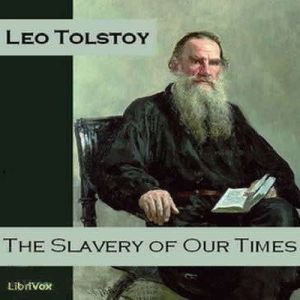

Several decades later, as a professional historian, I began to think about how to teach a unified history of humanity.


That gave me a strong sense of a single, extraordinarily diverse human community, a feeling that was confirmed when, as a teenager, I went to Atlantic College, an international school in South Wales. And I remember wondering if there were kids “over there” in the Soviet Union who were equally scared. Was that a helpful message to teach in a world with nuclear weapons? As a schoolboy during the Cuban missile crisis, I vividly remember thinking we were on the verge of an apocalypse. But I worried that teaching a national or imperial history (Russia was both nation and empire) conveyed the subliminal message that humans are divided, at the most fundamental level, into competing tribes. At the time, I taught and researched Russian and Soviet history. I saw that course as a way of getting at the history of humanity. For me, it began with a course on the history of everything that I first taught at Macquarie University in Sydney in 1989. The idea of a modern origin story is in the air. With stunning insights into the origin of the universe, the beginning of life, the emergence of humans, and what the future might bring, Origin Story boldly reframes our place in the cosmos. In Origin Story, Christian takes readers on a wild ride through the entire 13.8 billion years we’ve come to know as “history.” By focusing on defining events (thresholds), major trends, and profound questions about our origins, Christian exposes the hidden threads that tie everything together - from the creation of the planet to the advent of agriculture, nuclear war, and beyond. These were the questions David Christian set out to answer when he created the field of “Big History,” the most exciting new approach to understanding where we have been, where we are, and where we are going. But what would it look like to study the whole of history, from the big bang through the present day - and even into the remote future? How would looking at the full span of time change the way we perceive the universe, the earth, and our very existence? Most historians study the smallest slivers of time, emphasizing specific dates, individuals, and documents. into a single, accessible historical narrative” (Bill Gates) and presents a captivating history of the universe - from the Big Bang to dinosaurs to mass globalization and beyond. This New York Times bestseller “elegantly weaves evidence and insights.


 0 kommentar(er)
0 kommentar(er)
